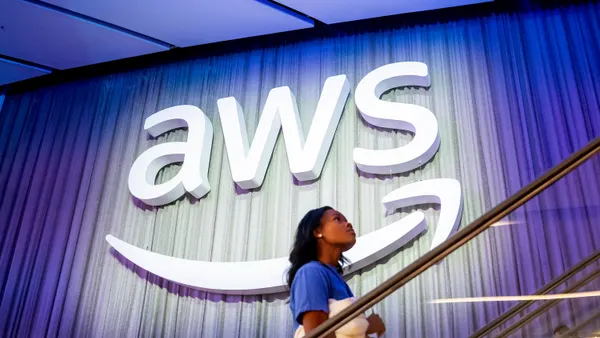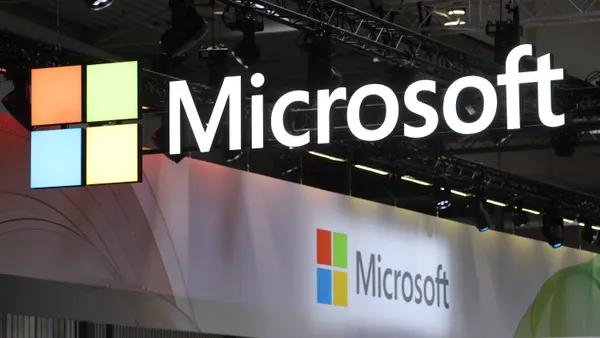UPDATE: This article has been updated to include a statement from Microsoft.
Dive Brief:
- Kaspersky Lab filed an antitrust complaint against Microsoft on Tuesday, stating that the software giant prevents other makers of security software from competing fairly against it, according to Bloomberg.
- The firm sent a formal complaint to European Union and German antitrust regulators saying that Microsoft’s actions in pushing Windows 10 users towards its own Windows Defender software is also limiting consumer choice and increasing the cost of security software.
- "With the release of Windows 10, Microsoft started to create obstacles to competing manufacturers of security solutions, and introduce different ways of pushing users to forgo third-party software in favor of its own Windows Defender," Kaspersky said in a statement. Microsoft said it will answer any questions regulators ask about the complaint. In response to the complaint, Microsoft said its main objective is to protect customers and is confident Windows 10 security features comply with competition laws. "We reached out directly to Kaspersky a number of months ago offering to meet directly at an executive level to better understand their concerns, but that meeting has not yet taken place."
Dive Insight:
Kaspersky claims Microsoft wants to reduce competition from anti-virus software makers. Windows 10 is widely regarded as the most secure OS available today, but that’s not all due to Windows Defender. The software also contains many other security elements.
Microsoft has, however, been using security as a carrot to get enterprises to upgrade. In January, Microsoft warned enterprises that Windows 7 is unsecure and suggested they migrate to Windows 10 as soon as possible. But that security lure appears to be working. Companies indicated security improvements were the number one reason for migrating to Windows 10, acording to a Gartner survey released in April.
EU regulators and Microsoft have some history. Regulators previously found Microsoft violated EU competition rules by bundling a media player with Windows software. But in an intense security climate, regulators may not want to clip product offerings.













